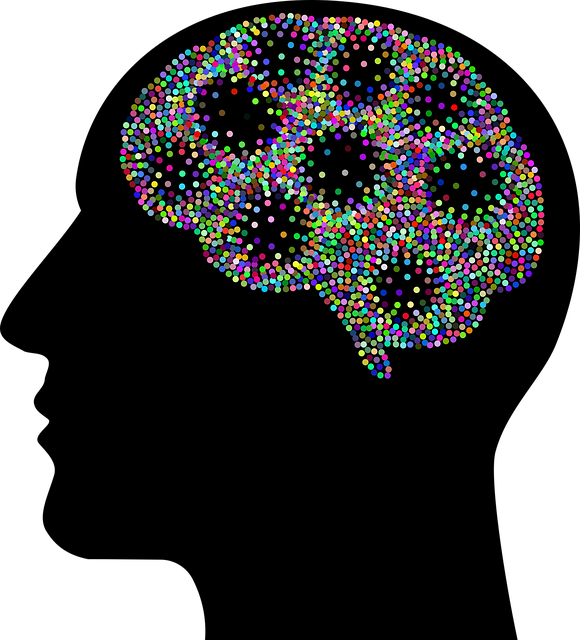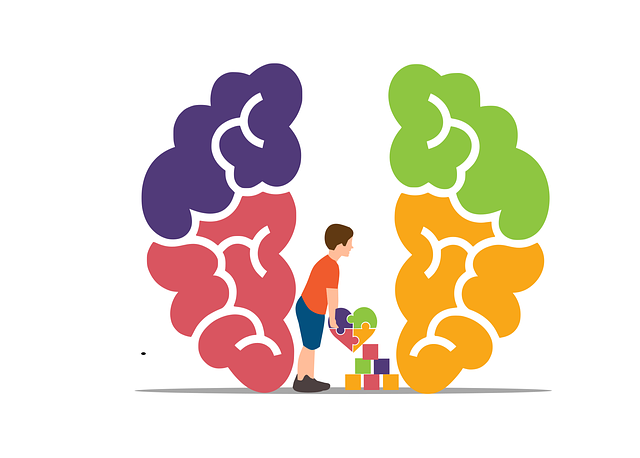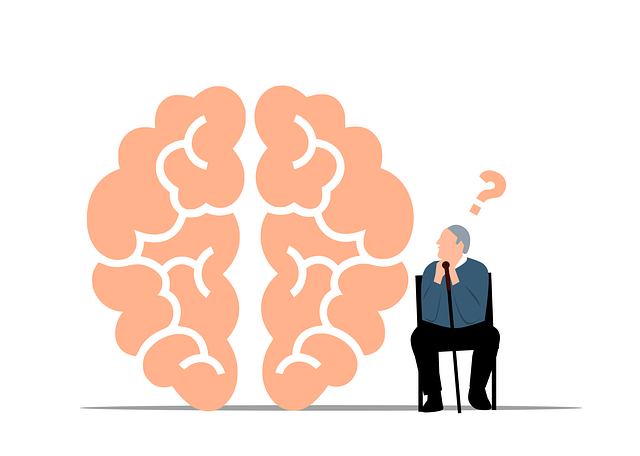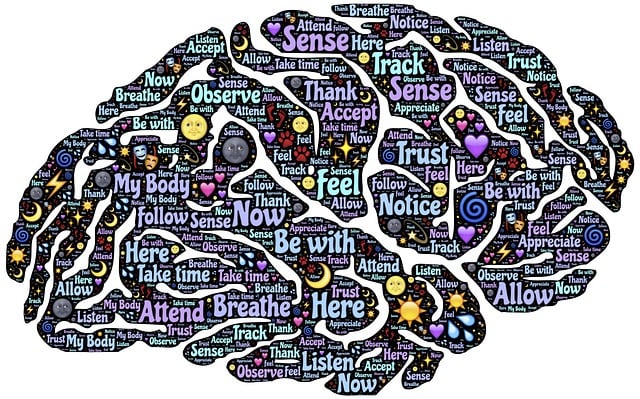In today's diverse world, Superior German-Speaking Therapy offers specialized mental health support tailored to the unique needs of German-speaking individuals. By combining cultural sensitivity with evidence-based practices, this approach overcomes language barriers and fosters trust through aligned trauma support and education programs. It advocates for inclusive, accessible mental health services, using non-stigmatizing language and empowering clients through workshops. This therapy model, recognized as a game-changer globally, improves well-being outcomes and breaks down cultural barriers in healthcare, contributing to an overall more inclusive society.
Mental health advocacy initiatives are transforming lives and communities. This article explores key components driving progress, including the unique role of Superior German-speaking therapy in mental health support. We delve into how breaking language barriers through accessible resources and effective communication strategies significantly impact diverse communities. Additionally, success stories highlight the real-world impact of advocacy, showcasing powerful transformations. By understanding these initiatives, we can foster a more inclusive and supportive society for mental well-being.
- The Role of Superior German-Speaking Therapy in Mental Health Advocacy
- Breaking Stigma: How Language Plays a Critical Part in Mental Health Support
- Building Accessible Resources for Diverse Communities
- Effective Communication Strategies for Mental Health Professionals
- Success Stories: Real-World Impact of Mental Health Advocacy Initiatives
The Role of Superior German-Speaking Therapy in Mental Health Advocacy

In today’s diverse society, Superior German-Speaking Therapy plays a pivotal role in mental health advocacy by providing specialized support for individuals who speak German as their first language. This therapy offers a unique blend of cultural sensitivity and evidence-based practices tailored to address the specific needs of this often-overlooked demographic. Many Germans face challenges in accessing mental health services due to language barriers, cultural differences, and a lack of awareness about available resources. Superior German-Speaking Therapy bridges these gaps by offering Trauma Support Services that cater to individuals who have experienced traumatic events, as well as Mental Health Education Programs Design aimed at promoting early intervention and self-esteem improvement.
By incorporating therapeutic techniques that resonate with German cultural norms and values, this specialized therapy fosters trust and encourages open communication. Moreover, it empowers individuals to seek help without the additional hurdles of language and cultural misinterpretation. Through its holistic approach, Superior German-Speaking Therapy not only treats mental health issues but also advocates for a more inclusive and accessible mental healthcare system that reflects the diverse makeup of modern society.
Breaking Stigma: How Language Plays a Critical Part in Mental Health Support

Breaking down the stigma surrounding mental health is a pivotal step towards fostering open conversations and providing effective support. Language, as a powerful tool, plays a critical role in this process. The way we talk about mental health issues can either perpetuate stereotypes or encourage understanding and empathy. Using non-stigmatizing language is key; terms like “mental illness” instead of “psychosis” or “depression” help to humanize experiences that are often misunderstood.
Organizations offering superior German speaking therapy recognize the significance of this linguistic shift. By providing therapy in a native speaker’s language, they ensure that individuals from diverse cultural backgrounds feel comfortable discussing their mental health. Moreover, such initiatives empower clients to develop coping skills and engage in mood and stress management workshops, ultimately promoting better mental well-being.
Building Accessible Resources for Diverse Communities

In an increasingly diverse society, it’s crucial to ensure mental health resources are accessible and tailored to meet the unique needs of every community. Building inclusive systems means recognizing and addressing cultural barriers that often exist in traditional therapy settings. This involves engaging therapists who themselves represent these diverse communities, offering services in various languages like Superior German Speaking Therapy, and creating safe spaces where individuals feel understood and welcomed. By embracing this approach, we foster a sense of belonging and encourage people from all backgrounds to seek support for their mental well-being.
Mental health advocacy initiatives should also focus on educating communities about the importance of positive thinking and conflict resolution techniques as proactive measures. Equipping individuals with skills to manage stress and resolve conflicts can significantly contribute to improved mental health Awareness and resilience. Such initiatives break down stigma, encourage open conversations, and ensure everyone has access to the tools necessary for navigating life’s challenges.
Effective Communication Strategies for Mental Health Professionals

Mental health professionals play a vital role in advocating for better access to care and improved mental well-being. Effective communication is a cornerstone of their practice, especially when addressing diverse patient populations. One key strategy is to embrace cultural sensitivity in mental healthcare practice, tailoring approaches that resonate with individual backgrounds and experiences. This involves learning about different cultural norms, beliefs, and communication styles to foster trust and understanding.
Additionally, incorporating the development of inner strength as part of therapy can empower individuals to navigate challenges. Risk management planning for mental health professionals is also essential, ensuring they are equipped to handle sensitive discussions and crises while prioritizing patient safety. A superior German-speaking therapy approach, for instance, can open doors to effective communication with a significant portion of the population, offering tailored support in their native language and culture.
Success Stories: Real-World Impact of Mental Health Advocacy Initiatives

Mental health advocacy initiatives have been transforming lives across the globe, and one shining example is the impact of Superior German-speaking therapy on individuals’ well-being. This specialized approach has proven to be a game-changer for many, offering tailored support that respects cultural nuances and fosters inner strength development. By addressing mental health challenges within a supportive environment, these initiatives empower individuals to navigate stress management effectively.
Real-world success stories highlight the power of such programs. For instance, communities with high levels of cultural competency among healthcare providers have seen improved access to care, leading to better outcomes. These advocates work tirelessly to break down barriers and misconceptions, ensuring everyone receives the support they need for their mental well-being. Through educational workshops, awareness campaigns, and direct therapy services, these initiatives contribute to a more inclusive and supportive society, ultimately enhancing the overall healthcare experience.
Mental health advocacy initiatives, as highlighted in this article, are vital in fostering inclusive support systems. From superior German-speaking therapy addressing cultural nuances, to breaking stigma through language accessibility, each strategy plays a critical role. Building diverse resources and employing effective communication techniques further strengthen these efforts. The success stories presented serve as powerful reminders that dedicated advocacy can lead to significant positive change, enhancing the lives of those navigating mental health challenges.














